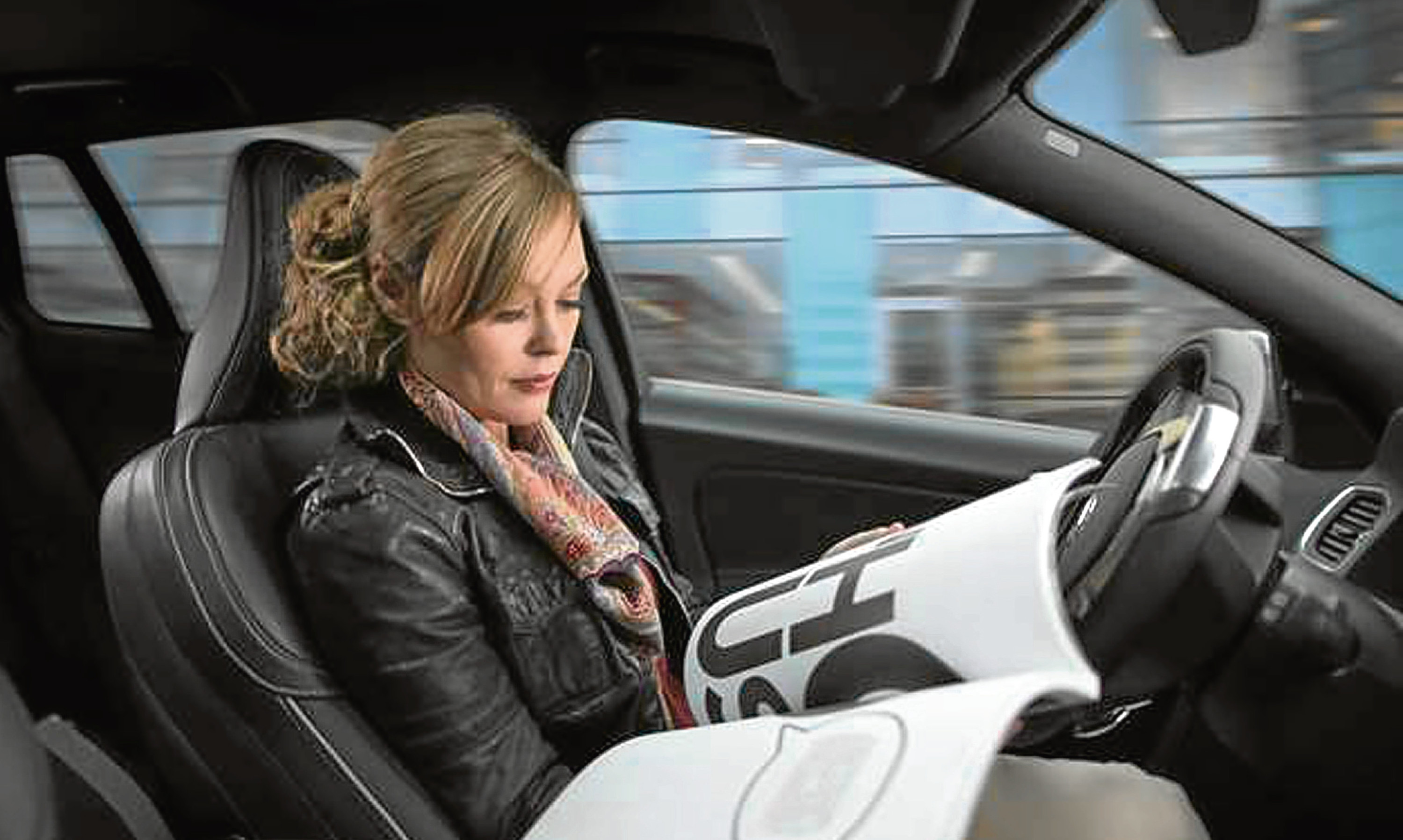“Self driving cars should be willing to sacrifice their occupants to save pedestrians and other motorists. Unless I’m inside one, in which case save me and let everyone else die.”
That, in a nutshell, is the finding of a new study into autonomous vehicles (AVs).
With the advancement of autonomous technology, the cars we drive could soon be making choices every day about which lane to be in, how fast to travel, and which route to take home.
But what happens in the event of a potential accident? What happens if a car is faced with the option of saving itself and its occupants, knowing the only way to do this might be to hit a pedestrian?
Or – it could avoid the pedestrian but put its driver and passengers at risk by swerving into oncoming traffic or a wall.
It’s an interesting moral quandary and one that has been the subject of a new study.
The journal Science published its findings, based on a survey of 1,928 US residents, in a report named ‘The Social Dilemma of Autonomous Vehicles’.
The study showed most people think an autonomous vehicle (AV) should sacrifice its passengers to minimise harm in an emergency, by doing things like swerving to avoid a group of pedestrians.
However, the subjects also said they would rather be a passenger in an autonomous vehicle that protected them no matter what, even if it meant putting other motorists or pedestrians at risk.
Its authors reported: “Autonomous vehicles should reduce traffic accidents, but they will sometimes have to choose between two evils, such as running over pedestrians or sacrificing themselves and their passenger to save the pedestrians.
The study, perhaps unsurprisingly given human nature, found respondents wanted other people to buy AVs that sacrifice passengers for the greater good but they themselves would rather have one that protects passengers at all costs thank you very much.
